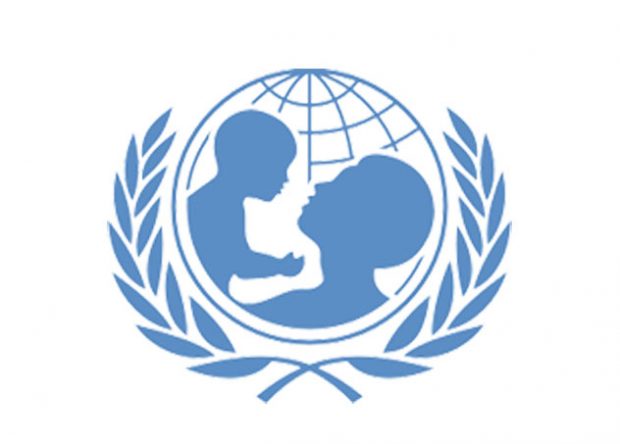UNICEF’s press release about Libyan and migrant children’s conditions

The United Nations Children’s Fund (UNICEF) says more than 500,000 children in Libya are in need of some kind of humanitarian assistance.
The UN agency notes that migrant children passing through Libya are especially at risk of abuse.
Competing governments have sought to control the North African country since the fall of Libyan leader Moammar Gadhafi in October of 2011. There is no sign the fighting, displacement of people and economic problems will end anytime soon.
Libya is a stopping point for African migrants on their way to Europe. Many go there in hopes of finding a boat to take them across the Mediterranean Sea.
But UN officials say the crisis in Libya has affected a large number of children. Geert Cappelaere is UNICEF’s regional director for the Middle East and North Africa.
“In Libya, we estimate today a third of the population is under the age of 18,” he said. “Two million children do live in Libya of which a quarter — 500,000 — are estimated by UNICEF to be facing dire humanitarian need.”
Cappelelaere says conditions in Libya have affected children in many ways.
“The access to schools has been hampered. But (this) also, definitely, has affected the quality of the education children are having,” he says. “We have important numbers of children usually in conflict situations that have been suffering of a type of social consequences of the conflict. Children that have been separated from their families.”
UNICEF says 315,000 children in Libya need help getting an education. In addition, the group says 200,000 need access to safe drinking water.
Adding to the difficulties are tens of thousands of migrants from countries south of the Sahara desert. They are fleeing conflict, drought and poor economic conditions. Many have crossed the desert with the goal of reaching Europe.
However, crossing the Mediterranean usually involves working with smugglers, who often put too many people into small, weak boats.
The International Organization for Migration reports that about 117,000 migrants have arrived in Europe this year. However, the group also notes that more than 2,400 have died trying to get there.
Cappelaere says migrant children face many dangers.
“We see an important number of these children arriving in Libya separated from their families,” says Cappelaere. “Being unaccompanied. We know that several hundred of these children have ended up and are ending in detention facilities.”
The aid group Oxfam is made up of many charitable organizations. On August 9, Oxfam released a report about the problems facing migrants leaving Libya. The report presents migrant stories of killings, rape, torture and detention in Libya.
In one example, a Senegalese teenager was reported to have said he was kept in a room that was full of dead bodies.
Cappelaere says the children of migrants often face abuse.
“Children are, of course, very much exposed to violence and exploitation by those who are trying to make big money out of the migration crisis. So, children who are affected by migration are indeed particularly vulnerable,” he said.
However, the UNICEF official says there have been some successes in Libya. About 1.4 million children have been vaccinated against polio by UNICEF and its partners, including some Libyan national groups.
Cappelaere praises the health workers in Libya, especially those who continue working after their medical centers have been attacked.
UNICEF plans to have all its international staff working full-time in Libya by October. The crisis had forced many workers to leave or operate out of Tunisia.
Cappelaere says the increase in workers would permit UNICEF to assist 1.5 million children. But, he notes, the agency needs additional money to carry on its work. He says UNICEF has asked for $15 million for Libya this year, but remains about six million dollars away from that goal.
How to submit an Op-Ed: Libyan Express accepts opinion articles on a wide range of topics. Submissions may be sent to oped@libyanexpress.com. Please include ‘Op-Ed’ in the subject line.
- HoR-Backed Government moves to end fuel subsidy - December 26, 2024
- Libya and Algeria bolster customs cooperation - December 24, 2024
- Reports claim S-400, S-300 missiles moved to Libya - December 24, 2024


